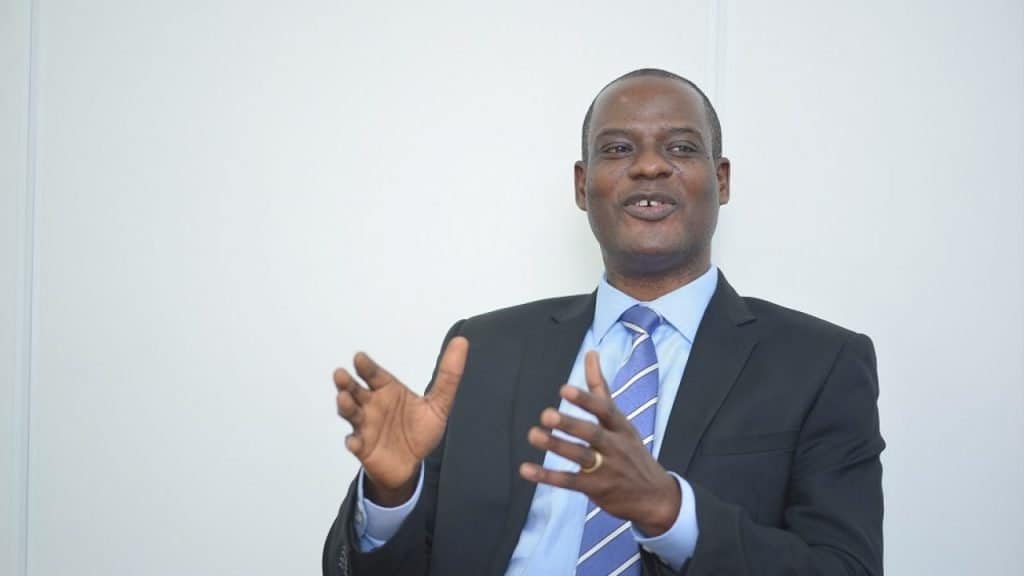Nigeria News
We Didn’t Propose Increase In VAT Rate – FG Clarifies

The Federal Government has denied media reports that it is proposing an increase in the Value Added Tax (VAT) rate.
The Chairman of the Presidential Committee on Fiscal Policy and Tax Reforms, Taiwo Oyedele, made this known in a series of posts via his official X handle on Wednesday evening.
Naija News earlier reported that Oyedele had suggested some changes to the current VAT rate, including increasing the state and local share of the VAT revenue to 90% combined and reducing the federal government’s share.
However, according to Oyedele, his statements at a recent event organised by the Tax reforms committee have been quoted out of context.
He said the committee proposed full input VAT credit for businesses to reduce their cost of doing business and minimise the strain on their cash flows.
Oyedele added that the committee proposed removing VAT on an expanded list of basic food, educational and healthcare items to protect the poor among others.
He said: “This is quoted out of context to suit the objective of the author, What are the issues?
“Nigeria‘s VAT system places a huge burden on businesses as they are not allowed to claim the input VAT incurred on services and assets. Some items, which constitute basic consumptions (food, education, and healthcare) are liable to VAT rather than being exempt or zero-rated.
“Many small businesses have to contend with VAT compliance in view of the existing low VAT exemption threshold for small businesses. Many States charge other forms of consumption taxes in addition to VAT thereby creating multiplicity of taxes. Export of services and intellectual property bear VAT rather than being zero-rated to promote exports.
“What are we proposing? To address the above-identified problems, we are proposing the following:
“Full input VAT credit for businesses to reduce their cost of doing business and minimise the strain on their cash flows, remove VAT on an expanded list of basic food, educational and healthcare items to protect the poor.
“Harmonise all consumption taxes into one (VAT only) and adjust the revenue sharing formula in favour of states to address multiplicity of taxes, remove VAT on export of service and intellectual property to promote non oil exports.
“Increase the threshold for VAT exemption for small businesses, enhance the VAT refund process to reduce the strain on working capital of businesses, introduce VAT fiscalisation and electronic invoicing to curb evasion which makes honest businesses uncompetitive.
“Consequential upward adjustment to the VAT rate on items not exempted to avoid a significant drop in revenue.
“It is important to note that the above proposals do not represent the position of the government but our committee’s reform proposals which we are discussing with the private sector for their input.”












